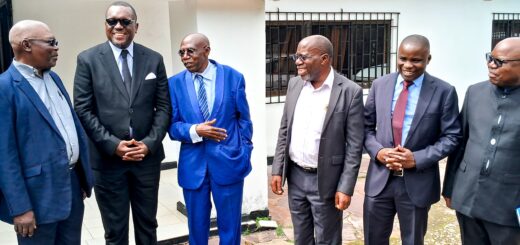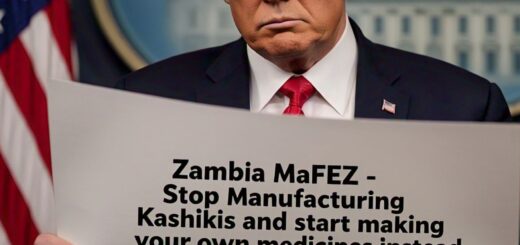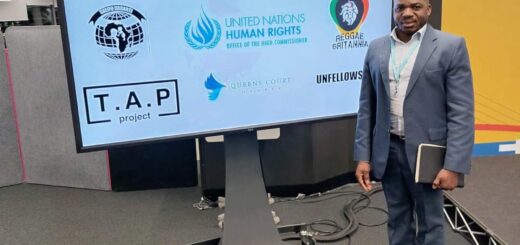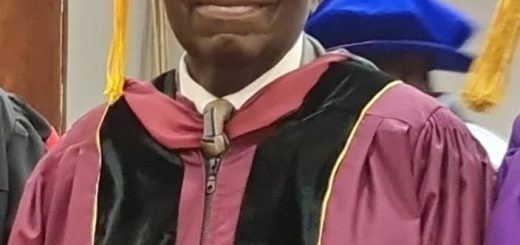Jehovah’s Witnesses spearheads educational work
Notice: Undefined index: catFilterList in /home/zambi/public_html/wp-content/plugins/wp-likes/api.php on line 243
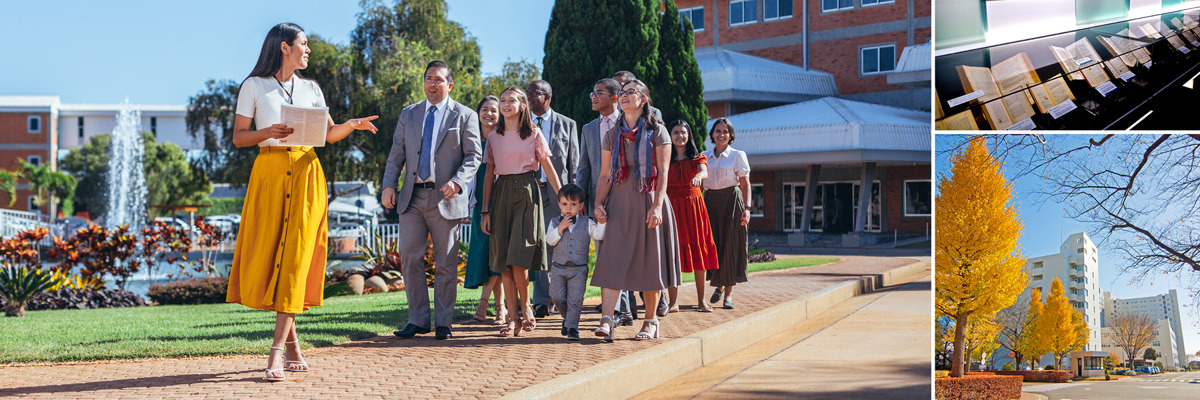
Jehovah’s Witnesses spearheads educational work
By Derrick Sinjela and Simon Banda
According to the United Nations website, “education plays a key role in building sustainable and resilient societies.”
The United Nations reports that 244 million children and youths are out of school and 771 million adults are illiterate.
The International Day of Education, annually observed on Wednesday, January 24, 2024, will restate raising awareness on global need to strengthen access to learning opportunities.
Jehovah’s Witnesses have long understood the importance of quality education.
“We feel that learning should be taken very seriously,” said Albert Kwesa, local spokesperson for Jehovah’s Witnesses based in Ndola, Copperbelt province.
“The years spent at school prepare children for the responsibilities they will take on in life. Core subjects like math, spelling, grammar, history and science are vital,” said Mr. Kwesa.
To receive a full education, a person may first need to learn to read and write.
Starting in the 1940s, Jehovah’s Witnesses have continuously operated free literacy classes around the world.
Mr. Kwesa says Jehovah’s Witnesses continue produced free study aids literacy class purpose, titled: ‘Learn to Read and Write and Apply Yourself to Reading and Writing’.
“Learning requires reading. And a spiritual education, which is our primary work, often requires the ability to read, especially the pages of the Bible,” restated Mr. Kwesa.
According to information available on jw.org, the official website of Jehovah’s Witnesses, among the 12 countries that have benefitted from these programs are: “Bolivia, Cameroon, Ghana, Malawi, Mexico, Mozambique, Nepal, Nigeria, Peru, Sierra Leone, Solomon Islands and Zambia.
Mr. Kwesa is delighted to note that Jehovah’s Witnesses literacy class programmes have helped more than a quarter of a million people learn to read and write.
Mr. Kwesa says Jehovah’s Witnesses literacy class programme results have often than not been praised by the educational authorities.
A case in point is Mexico, where, a civil servant wrote: “On behalf of the state government, I convey to you their most sincere congratulations for your noble progressive work for the benefit of the people in bringing the light of knowledge to the illiterate . . . I wish you success in your educational work”.
To learn more about Jehovah’s Witnesses and their efforts to promote quality education, please visit jw.org. All content is free, and no registration is required.


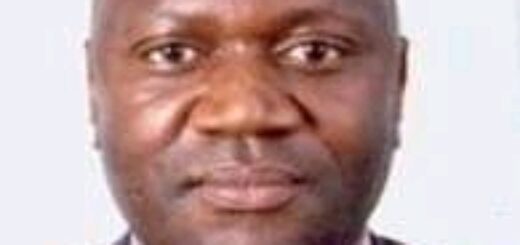
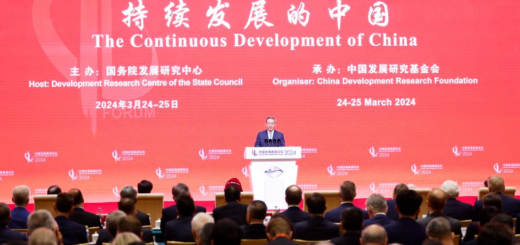
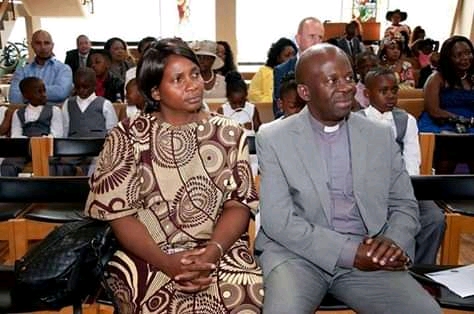


 Newspaper Zambia
Newspaper Zambia  Limited (RNZL) Edition 147 Monday 3rd February 2025 to Sunday 16th February 2025 www.rainbownewszambia.com/ www.kwilanzinewszambia.com
Limited (RNZL) Edition 147 Monday 3rd February 2025 to Sunday 16th February 2025 www.rainbownewszambia.com/ www.kwilanzinewszambia.com

